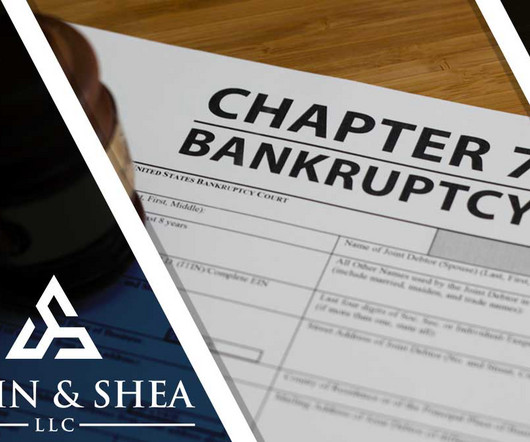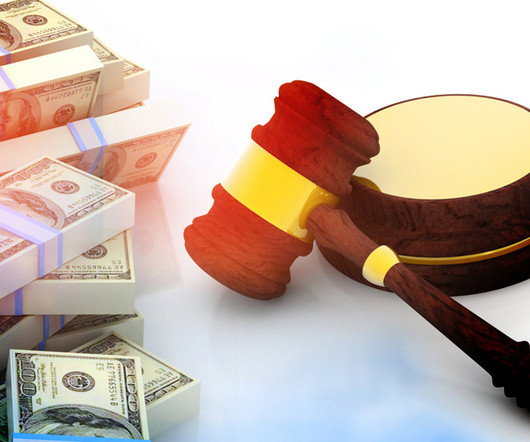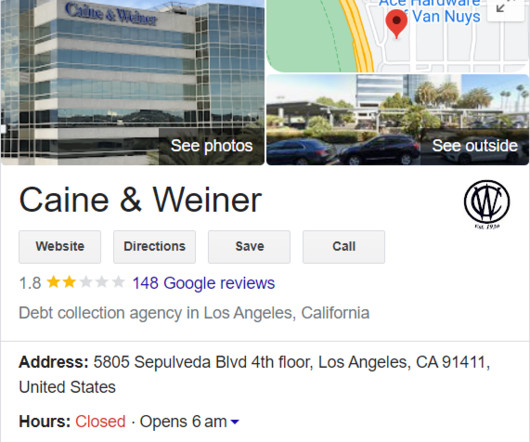Cosigner Responsibilities: When Is a Cosigner Liable for a Debt?
Sawin & Shea
JUNE 7, 2023
If you have a co-signer associated with your debt or if you are a co-signer, you need to be aware of how financial liability works and what happens when the primary debtor declares bankruptcy. For example, a parent or another family member may become a co-signer for a low-credit borrower so that the primary debtor can obtain a desirable loan.

































Let's personalize your content